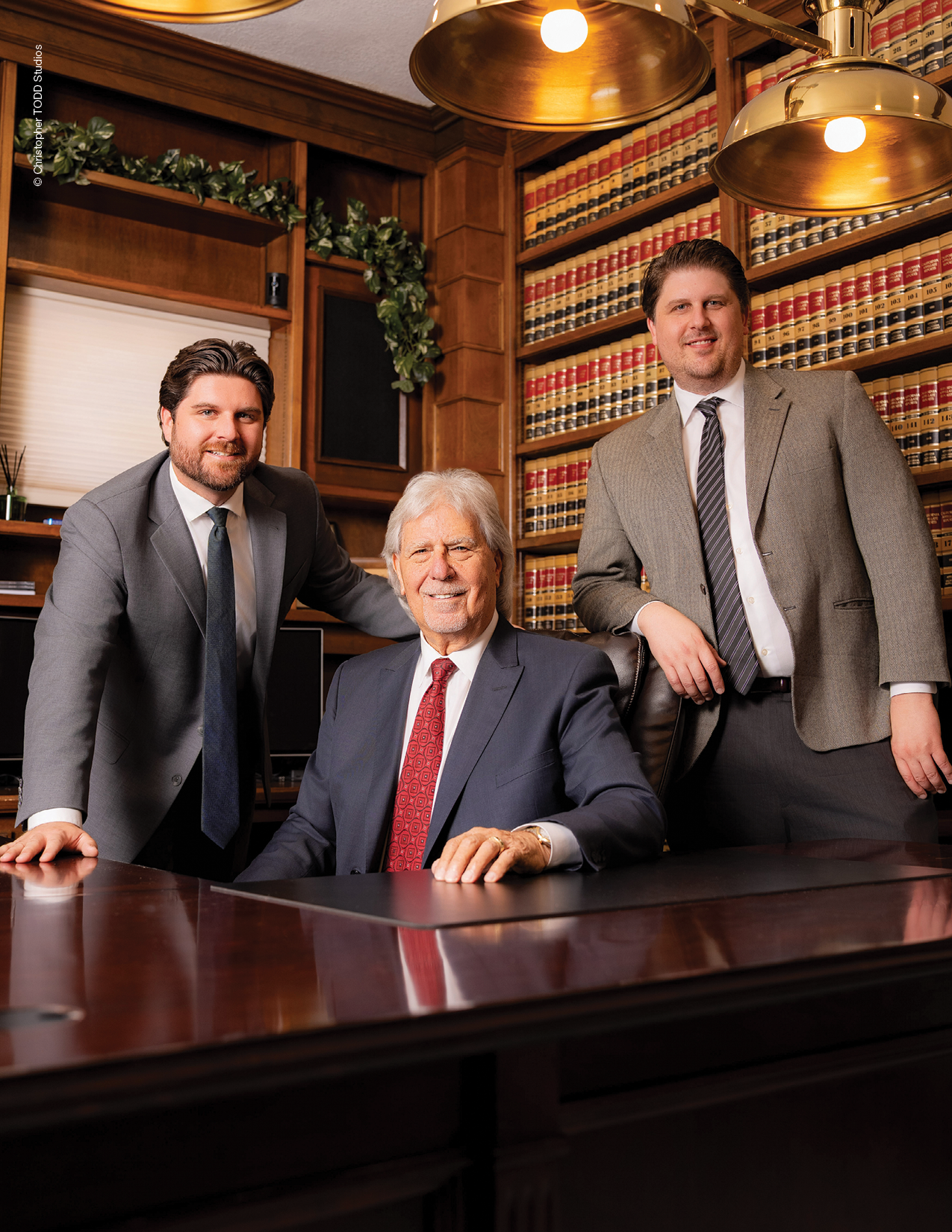Phillip S. Hadlock brings over 40 years of experience in the marketplace, with a distinguished track record of developing projects for the U.S. Department of State, USDA, and the United Nations. Currently, Mr. Hadlock operates “The Attorney’s Voice,” a respected and cost-effective communication and education service provider for the legal community. His company focuses on client education and maintaining ongoing contact, allowing attorneys to focus on their practice. Learn more at www.hadlock.info.
The Attorney-Client Relationship: A Communication Perspective
The Communication Challenge
In the legal profession, attorneys exist because of one essential factor: their clients. Yet, according to surveys by the International Bar Association, the American Bar Association (ABA), and the California Bar Association, the number one complaint from clients is a lack of communication. This pervasive issue transcends firm size, practice area, and geography, affecting attorneys worldwide.
Understanding the client’s perspective is crucial. While procedural justice and therapeutic jurisprudence have explored attorney-client interactions from the attorney’s viewpoint, the client’s experience has been largely overlooked. This article delves into why communication is at the heart of a successful attorney-client relationship and offers practical strategies to exceed client expectations.
The Importance of Communication
Building a trusting relationship with clients is often the cornerstone of success in any legal matter. Surprisingly, surveys reveal that at least 50% of successful clients report dissatisfaction with their attorneys, not due to incompetence or negligence, but because of poor communication. In a study of 44 successful clients, 60% cited communication issues as their primary concern.
A significant report by the International Bar Association involving 219 senior counsels found that poor communication was the leading reason clients terminated their attorney-client relationships. This issue spans all demographics and practice areas, highlighting a systemic problem in the legal industry.
The Cost of Poor Communication
According to the ABA’s “Profile of Legal Malpractice Claims,” only 10% of malpractice claims stem from the poor application of the law. The remaining 90% result from poor communication with clients. This staggering statistic underscores the critical importance of effective communication—not only to maintain positive relationships with clients but also to protect against malpractice claims.
Clients have shared their frustrations in surveys, expressing feelings of being ignored, demeaned, or left in the dark by their attorneys. One client noted, “I went to my attorney because of her reputation and expertise, but she just doesn’t listen. She assumes I don’t understand anything. This is my case, I want to be heard.” Another added, “My attorney never bothered to explain the legal terminology. I felt like I was begging for information about my own case.”
These statements reflect a broader sentiment that many clients feel unimportant and undervalued when their attorneys fail to communicate effectively.
Understanding and Managing Client Expectations
Clients don’t expect constant communication but need to feel secure, informed, and significant to their attorney. They want to hear from their attorney at key moments, whether there is progress, no news, or when there is bad or good news. Even when attorneys are busy, clients still need reassurance that their case matters.
Understanding client expectations can be challenging, especially for those who are new to the legal process and may have unrealistic views shaped by popular media. However, attorneys can manage these expectations by educating clients about the legal process, setting clear communication protocols, and maintaining regular updates.
Educating clients about the legal process helps them form more realistic expectations and reduces their anxiety. When clients understand the steps involved in a lawsuit and the typical timeline, they are less likely to feel frustrated by perceived delays or lack of communication. Establishing a regular communication schedule that includes both updates on their case and educational insights into the legal process tells clients that their attorney is invested in their case and their well-being.
Practical Steps for Better Communication
To exceed client expectations, attorneys should focus on two critical areas: listening and regular communication.
1. Listening. Anxious clients need to feel heard. Attorneys should:
- Listen carefully to their clients’ goals and concerns without interrupting.
- Consider the emotions driving the conversation and respond empathetically.
- Validate the client by repeating back what they’ve heard before responding.
Clients who feel their attorney is truly listening are more likely to trust and feel satisfied with the legal process.
2. Communicate Regularly. The illusion of communication is a common pitfall. Attorneys may think they are communicating enough, but clients often feel differently. Regular communication should include:
- Updates on the case’s progress.
- Explanations of any legal terms or processes the client may not understand.
- Regularly scheduled check-ins, even if there is nothing new to report.
This consistent communication helps clients feel informed, valued, and respected.
The Bottom Line
Effective communication is not just a courtesy; it is a fundamental aspect of the attorney-client relationship that can significantly impact the outcome of a legal case. By listening carefully, managing expectations, and maintaining regular communication, attorneys can build stronger, more trusting relationships with their clients. In doing so, they not only enhance their professional reputation but also protect themselves from potential malpractice claims.








